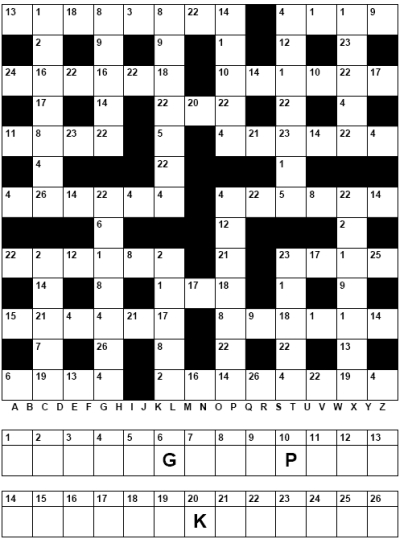A “fated crossword” describes a puzzle whose content—be it specific clues, answers, or the overarching theme—appears to possess an extraordinary and often deeply personal relevance to the solver’s immediate life circumstances, ongoing thoughts, or significant events. This phenomenon is characterized by a striking sense of synchronicity or serendipity, making the solving experience feel uniquely predestined or meaningfully aligned with the individual’s personal narrative.
Key Characteristics
- Personal Resonance: The core feature is the profound and unexpected personal connection a solver feels with the puzzle’s elements. Answers might mirror recent conversations, decisions, or obscure personal knowledge.
- Timing: The perceived “fatedness” is often tied to the specific moment the puzzle is encountered or solved, coinciding with relevant real-life occurrences.
- Uncanniness: There’s a distinct feeling that the puzzle’s relevance goes beyond mere coincidence, often evoking surprise or a sense of wonder.
- Constructor Unawareness: Typically, the puzzle constructor has no knowledge of the solver’s personal situation, making the perceived connection appear more remarkable and less attributable to intentional design for that specific individual.
Potential Explanations
While the experience can feel profound, several cognitive and statistical factors may contribute to the perception of a “fated crossword”:
- Confirmation Bias: Individuals may selectively focus on and recall puzzle elements that align with their current concerns, while overlooking non-relevant content.
- Apophenia: This is the human tendency to perceive meaningful patterns or connections in random or meaningless data. The vast number of words and clues in crosswords provides ample opportunity for such perceived connections.
- Frequency Illusion (Baader-Meinhof Phenomenon): Once something comes to one’s attention (e.g., a specific word or concept), it appears to be encountered with improbable frequency shortly thereafter.
- Broad Themes and Common Human Experiences: Many crossword themes and answers touch upon universal aspects of life, increasing the likelihood of coincidental relevance for a large number of solvers.
Distinction from Thematic Puzzles
It is important to distinguish a “fated crossword” from a puzzle deliberately constructed around a specific event or common theme (e.g., a holiday or a historical anniversary). The “fated” quality arises not from the intended theme itself, but from an unforeseen and deeply personal layer of meaning that the solver perceives, often independent of the constructor’s overt intentions for general solvers.

Ultimately, the “fated crossword” remains a subjective experience, highlighting the intriguing interplay between external stimuli (the puzzle) and an individual’s internal psychological landscape.



